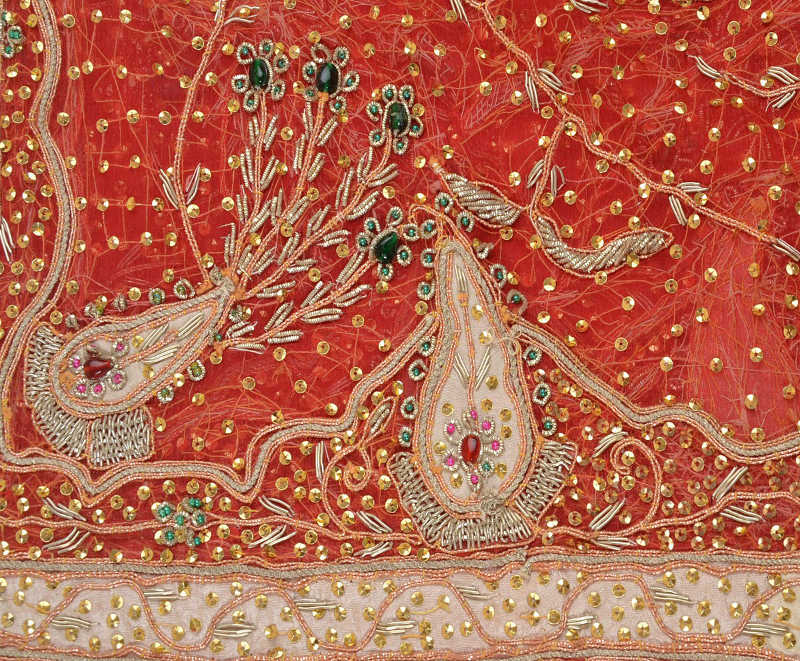===
1853x,
3
===

=== |
 |
yūñ : 'Thus, in this wise, in this manner; —just so, for no particular reason; without just ground, vainly, idly, causelessly, gratuitously; to please oneself'. (Platts p.1253)
jogī : 'One who performs the kind of religious exercise called jog , a contemplative saint; a devotee, an ascetic, a hermit; one supposed to have obtained supernatural powers, a magician, a conjurer'. (Platts p.398)
svāñg : 'Imitation, mimicry, &c.'. (Platts p.692)
sāñg : 'Imitation, acting, mimicry, disguise, impersonation; mockery, sham, farce; a play, representation; a scene, show; a part in a play, a character'. (Platts p.629)
FWP:
On the source of these verses see {1853x,1}.
The word svāñg is an older variant of sāñg (Wikipedia), a form of North Indian folk-opera also known as nauṭañkī (Wikipedia). But of course, the term can also be taken more generally, as a 'show' or spectacle, or a 'dramatic performance'.
Thus the speaker could be saying that he really did become a soldier, then later a mendicant or ascetic of some kind-- but that he now realizes the shallow and limited nature of such pursuits, and no longer defines himself in such terms. Or he could be suggesting that he merely acted the part first of a soldier, then of an ascetic, in some kind of folk-drama-- that he only 'became' a soldier in the sense that John Wayne 'became' a cowboy.
Thanks especially to the 'kya effect', there's also the question of tone: is the speaker reflecting sorrowfully, or sarcastically, or ruefully, or nostalgically, or wonderingly-- or with a certain pride in his own dramatic creativity?